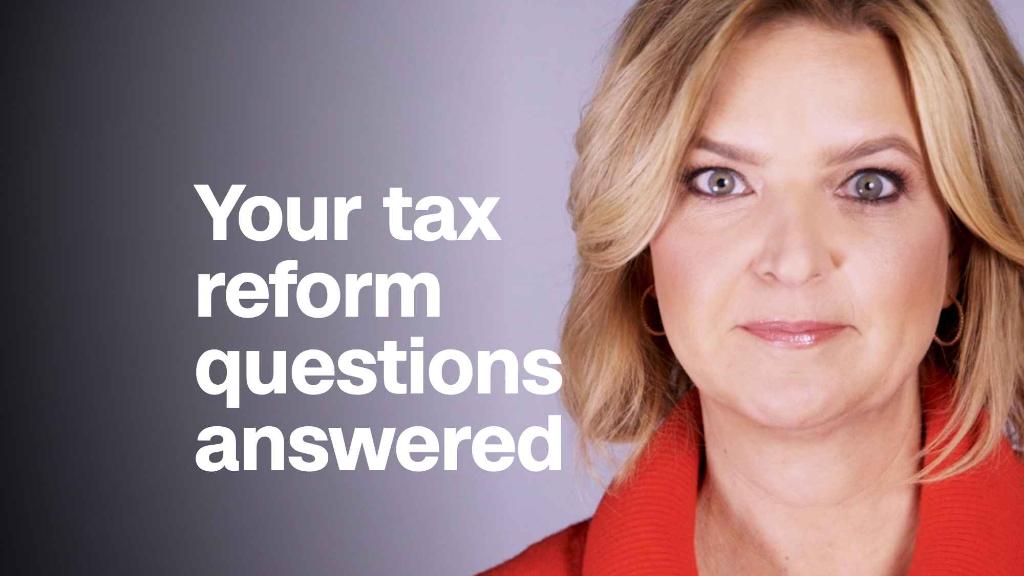
Nobody likes to pay more in taxes than they absolutely have to. By the time you start preparing your return, it's too late to use some of the smartest tactics to control the size of your tax bill. Instead, you have to plan in advance to make sure your refund is as big as possible.
Below are three things tax-savvy people do to keep their tax bills low. Using these strategies, you can put a dent in your taxes that will be even more favorable as time goes by.
1. Use tax-favored accounts for investing, especially if you trade actively
There's no better way to reduce your tax bills than to take advantage of all the ways that the federal government lets you set aside savings to grow on a tax-preferred basis. The most common are the individual retirement accounts and 401(k) plans that millions of Americans use to save for retirement; they provide either upfront deductions or eventual tax-free treatment for your income. But you'll also find a host of alternatives in other areas.
For educational costs, vehicles like 529 plans and Coverdell Education Savings Accounts can let your college savings grow tax-deferred until needed; if used for qualified expenses, those earnings become tax-free.
Even better, health savings accounts can give you an up-front deduction for contributions and tax-free treatment when you use funds for qualifying medical expenses. Certain life insurance products also let you earn tax-deferred income.
The value of tax-deferred and tax-free accounts is that you don't have to pay tax on income and gains when you get them, so you can put off paying at least until you make account withdrawals. Over time, that can save you thousands, since waiting till you're in a lower tax bracket allows you to pay less when the Internal Revenue Service comes calling.
2. Be tax-smart about investments you hold in regular brokerage and financial accounts
Even in accounts that don't have these tax advantages, there are things you can do to cushion the blow of the tax collector. Long-term investors know they don't have to pay capital gains on stock positions until they sell them, providing a lot of control over tax costs. Knowing your holding period on investments is also important, as waiting until a year and a day has passed means the difference between paying ordinary income tax rates of up to 37% versus lower long-term capital gains taxes of 20% or less.
Certain types of investments also offer tax breaks. Qualified dividends on certain stocks carry a lower tax rate than you'll pay on other stocks. Municipal bonds offer income that's federally tax-free. There are trade-offs involved with using these investments as opposed to higher-tax alternatives, but if you really want to cut your tax bill, it's worth running the numbers to see which way you'll come out ahead.
3. Take full advantage of low tax brackets
Many people have income that's "lumpy," with high income in some years and next to none in others. That can be less than ideal for your tax situation: You can end up paying higher tax rates on portions of your income during good years, while not making full use of low tax brackets during bad ones.
There are ways to smooth out your taxable income so that you don't miss out on tax-saving opportunities. When taxable income is high, make greater contributions to retirement accounts that give you deductions. When it's low, consider selling investments at a gain or converting traditional retirement accounts to Roth accounts. Both of these things will raise your taxable income, but when low tax rates prevail, it's often smarter to pay lower tax now rather than higher tax at some point in the future.
Related links:
• Motley Fool Issues Rare Triple-Buy Alert
• This Stock Could Be Like Buying Amazon in 1997
• 7 of 8 People Are Clueless About This Trillion-Dollar Market
Finally, understand that taxes are only one element of smart money management. Holding onto a risky stock an extra month in the hope of turning short-term gains into tax-favored long-term gains might sound smart — unless the stock plunges and those gains suddenly turn into losses.
Nevertheless, it's smart to consider the tax ramifications of any investment moves you're planning. By making good use of tax-favored accounts and investments, you can improve your chances of paying less to the IRS.
